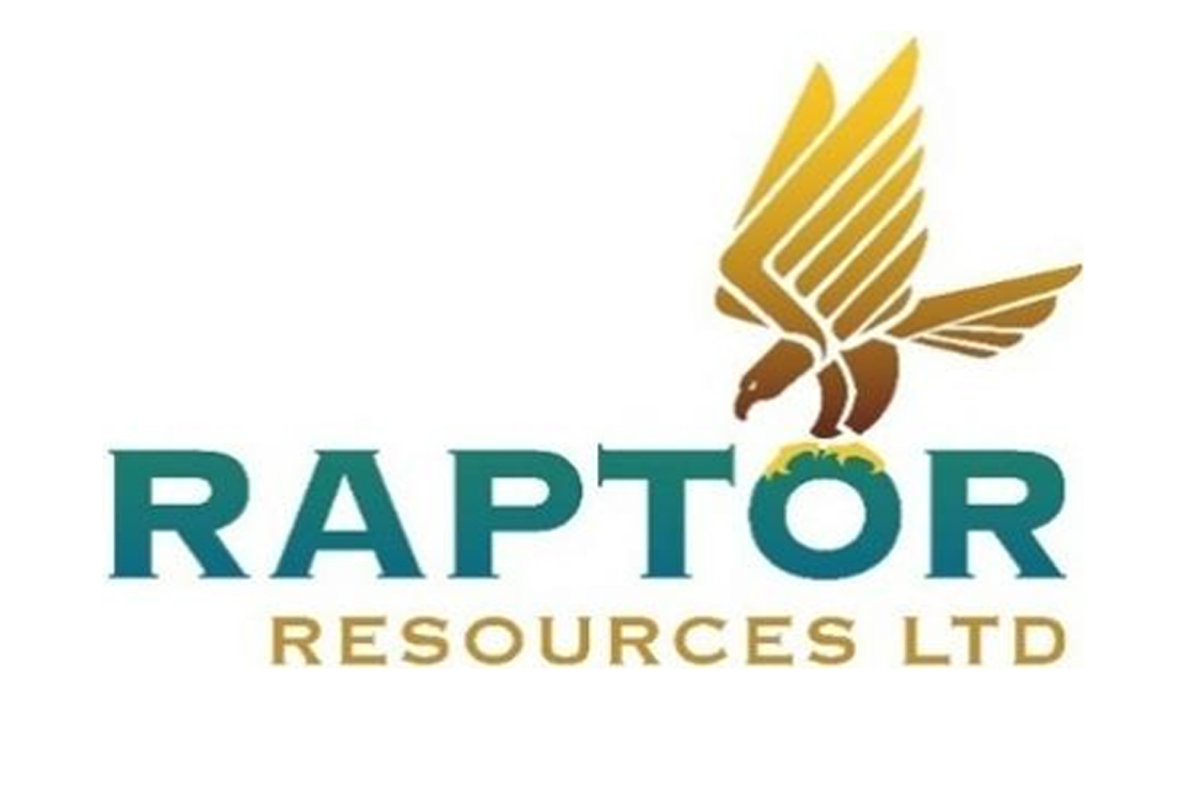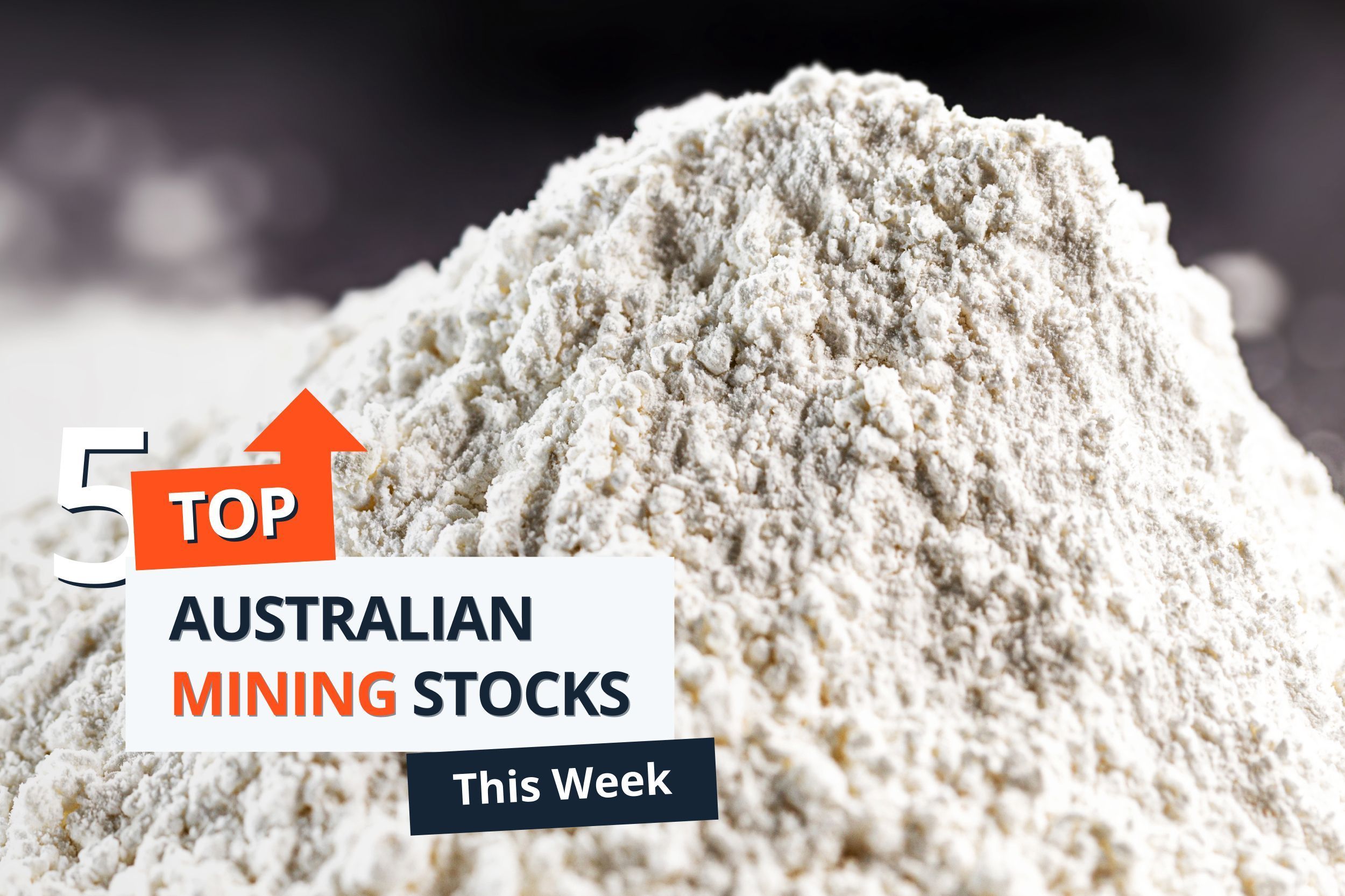
NACCO Industries ® (NYSE:NC) announced today that the Company will participate in the 16 th Annual Midwest Ideas Investor Conference to be held on August 26-27, 2025 at The InterContinental in Chicago, IL. Company participants will be J.C. Butler, Chief Executive Officer and Elizabeth Loveman Senior Vice President and Controller.
The Company's presentation is scheduled for Tuesday, August 26, 2025 , at 3:00 pm Eastern Time / 2:00 pm Central Time. The presentation will be webcast with slides and can be accessed through the Investor Relations section of the Company's website at https://ir.nacco.com/overview or through the conference host's website https://www.threepartadvisors.com/midwest .
About NACCO Industries
NACCO Industries ® brings natural resources to life by delivering aggregates, minerals, reliable fuels and environmental solutions through its robust portfolio of NACCO Natural Resources businesses. Learn more about our companies at nacco.com or get investor information at ir.nacco.com .
****
![]() View original content to download multimedia: https://www.prnewswire.com/news-releases/nacco-industries-to-participate-in-the-16th-annual-midwest-ideas-investor-conference-302528248.html
View original content to download multimedia: https://www.prnewswire.com/news-releases/nacco-industries-to-participate-in-the-16th-annual-midwest-ideas-investor-conference-302528248.html
SOURCE NACCO Industries








